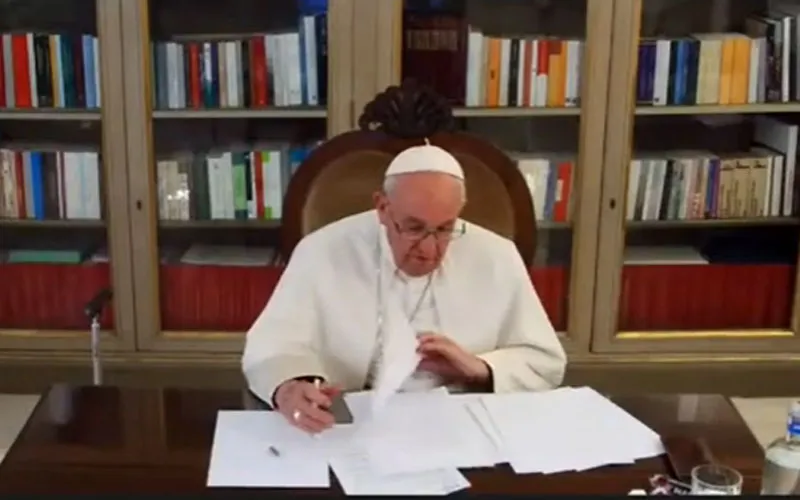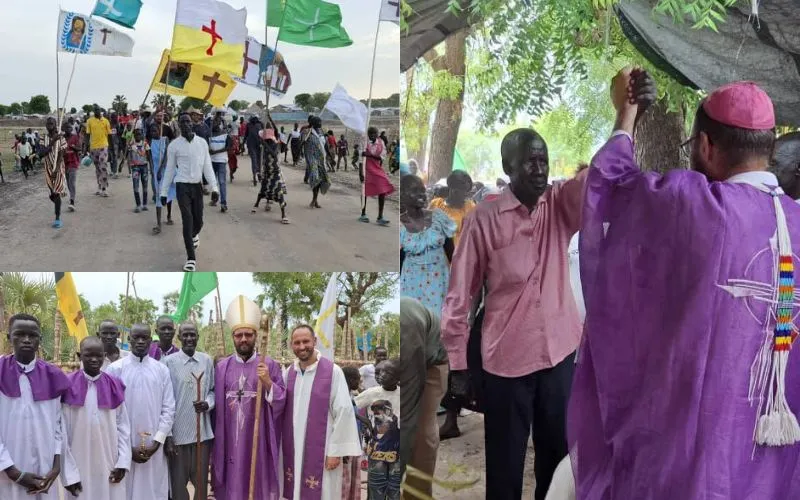Vatican, 02 November, 2022 / 9:50 pm (ACI Africa).
Pope Francis has cautioned the youth in Africa’s most populous nation, Nigeria, against the temptation to not resist the challenges they are experiencing in their country, including “fundamentalism, terrorism and banditry”.
Pope Francis who was responding to Osemeke Augustine Chidera’s question about how the youth to remain hopeful amid multiple cases of fundamentalism, terrorism and banditry in Nigeria during the Monday, November 1 virtual dialogue with Catholic university students from Africa urged the youth in the Western African nation to build their lives around “tangible religious doctrine”.
“I am concerned with the issue of fundamentalism, terrorism and banditry that you are facing in Nigeria,” Pope Francis said, and added, “I think young people cannot be passive, you need to resist, you need to have religious doctrine, you need to be trained in real, tangible religious doctrine.”
Banditry and terrorism lead not only to “social suicide” but also “affects the country’s ultimate survival”, Pope Francis said during the virtual initiative that Pan-African Catholic Theology and Pastoral Network (PACTPAN) organized.
The November 1 virtual dialogue brought together students from 34 universities drawn from nine African countries. These were the Democratic Republic of Congo (DRC), Congo Brazzaville, Kenya, Uganda, Zimbabwe, Zambia, Nigeria, Cameroon, and Ivory Coast.








